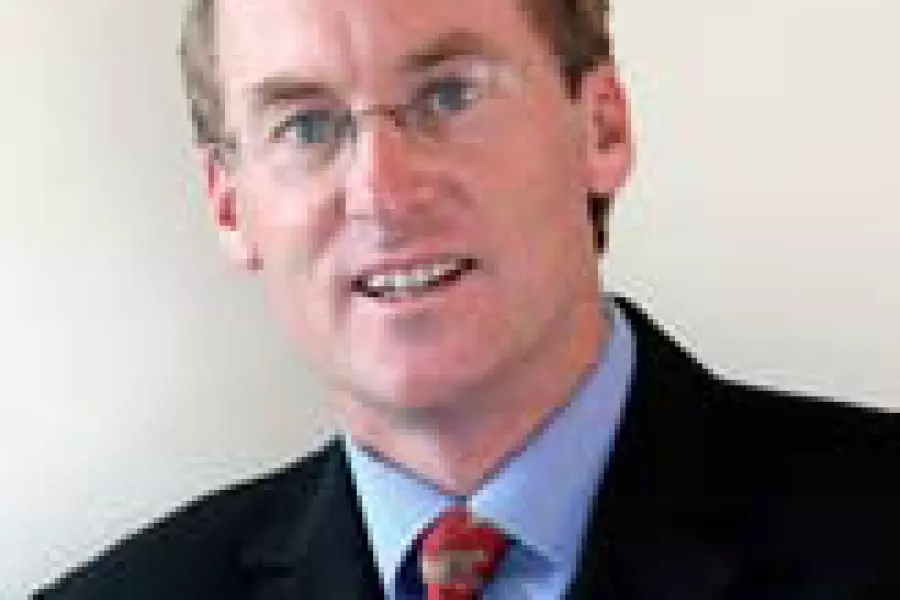News
Without a voice

Thursday 9th of June 2016
Standards NZ has announced that a committee has been appointed to develop a testing and remediation standard for properties contaminated by the manufacture or use of meth.
It comes in the wake of rising public panic about meth contaminated properties – with increasing calls for mandatory testing between tenancies and/or when properties are bought and sold.
This has led to...
Want to read the full article?
Click the button below to subscribe and will have unlimited access to full article and all other articles on the site.






![[The Wrap] Bye Bye Bayly](https://goodreturns.publit.io/file/c_fill,w_900,h_600/39f23ac1-f7c7-4854-b700-a150004ebbac.webp)


